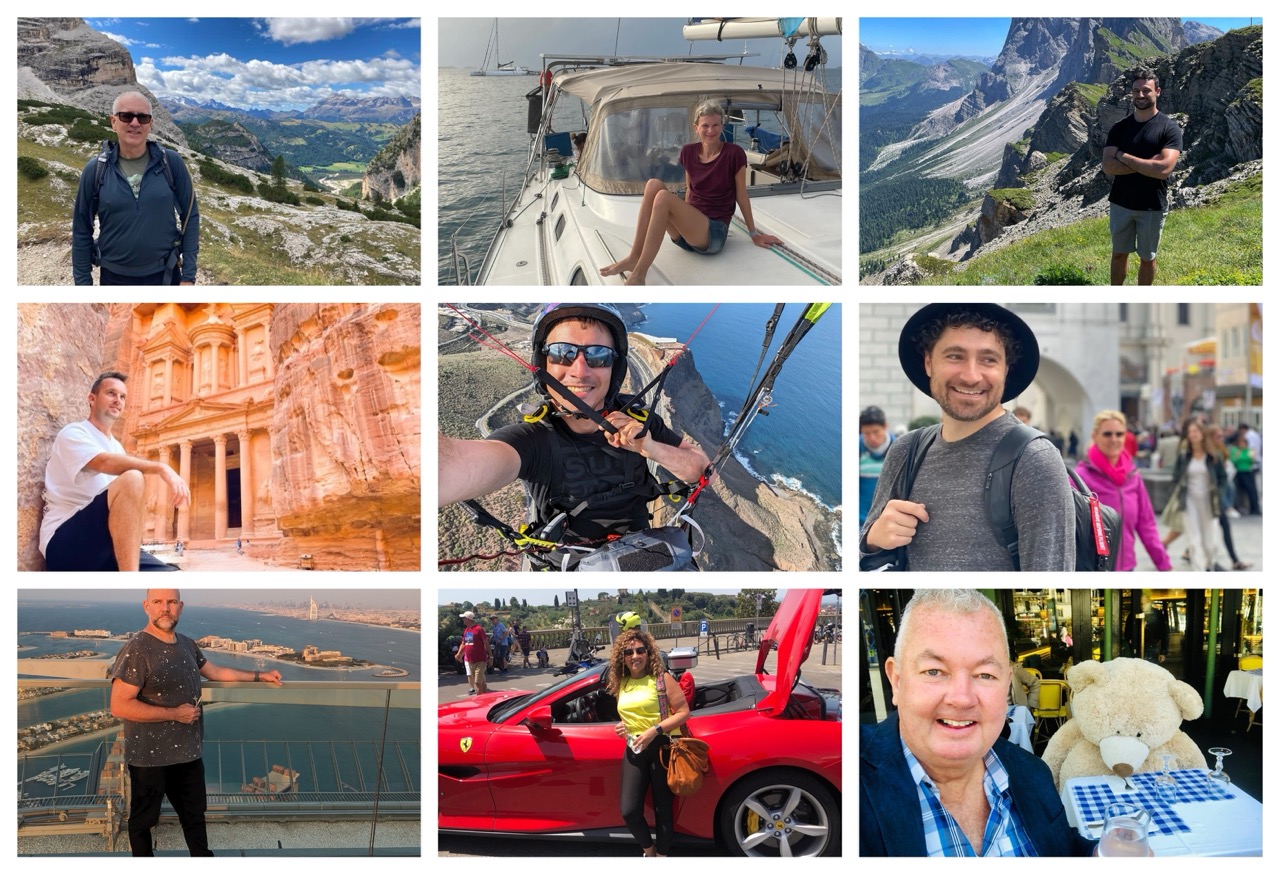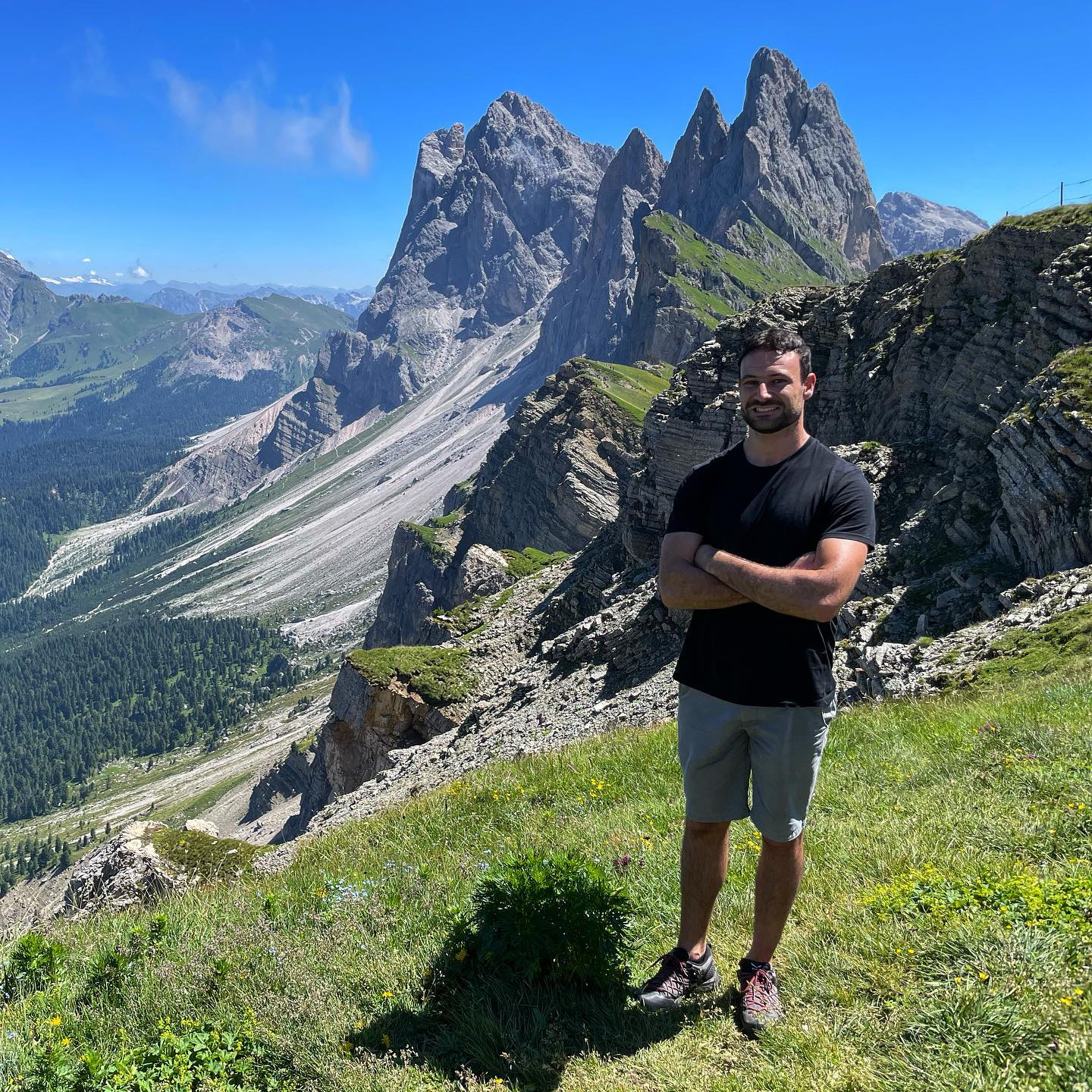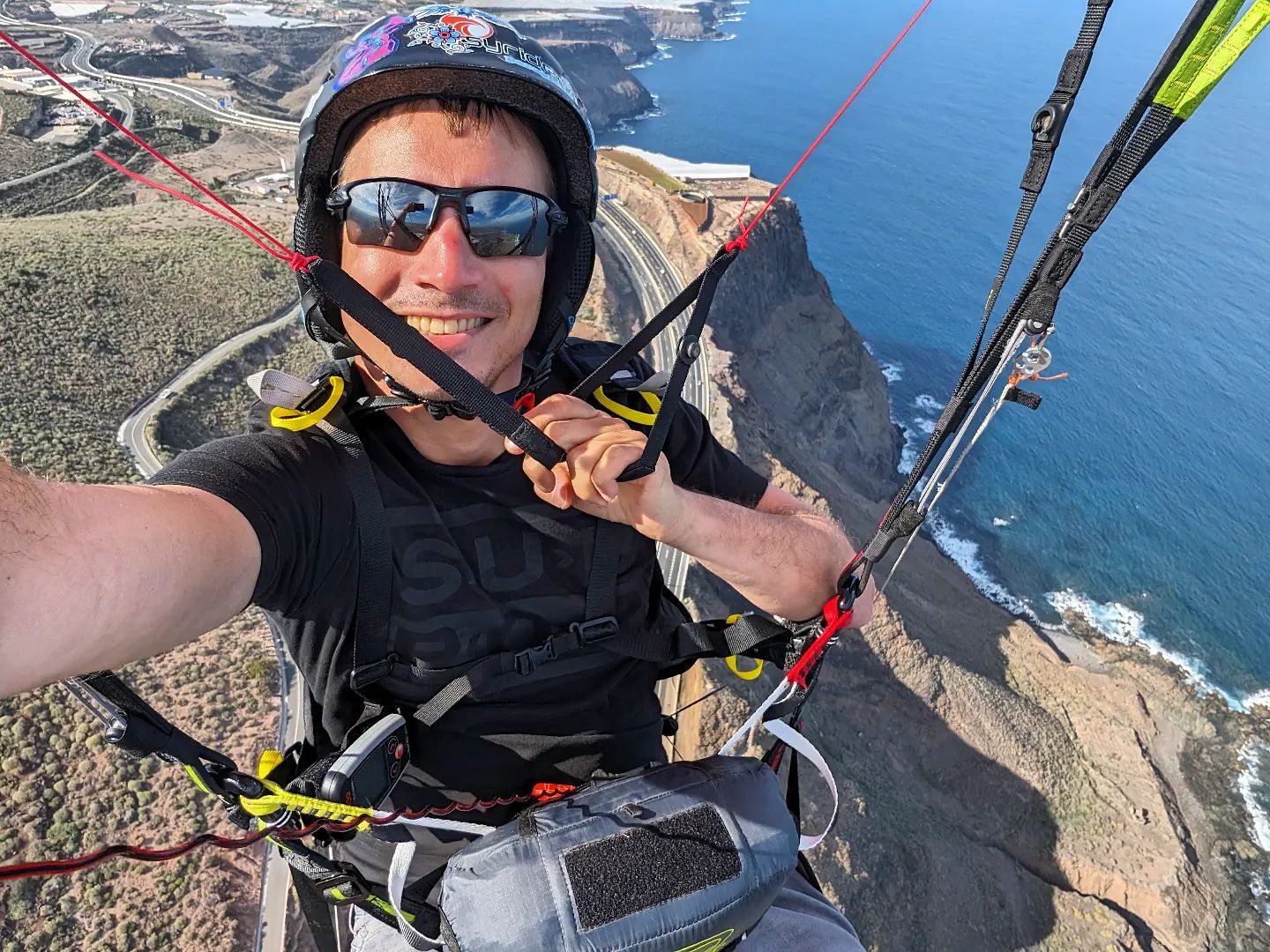Last week we announced April to be a Digital Nomad month at NomadMania and asked for the advice from our users on How to become a Digital Nomad. The answers are pretty useful for those who plan to take on this exciting life and travel journey.
How to become a Digital Nomad
Thomas Demetz, 31 🇮🇹
Get some stable income first – 3-5k/month – either a remote job, an active business, or passive income. Once you have that, you are ready to go nomad. Next step would be to build an optimal international setup – a US LLC to do business, Residence in a low-tax jurisdiction (Panama, Paraguay, UAE, …) to maximize what you keep, and open a few good bank accounts around the world for diversification and asset protection. From there, it’s smooth sailing!
After 2-3 years of being constantly on the move, you might find that changing location all the time is straining – it doesn’t allow you to build routines, which makes you less productive, and it’s less conductive for optimal physical and mental health. So ideally, you want to set up 2-4 bases where you periodically return for a few months at a time. As long as you spend less than 6 months in any one country (except a tax haven), with this setup you can stay tax free forever.
Inga M, 44 🇩🇪
Prepare well. Don’t let everything be new for you at the same time. So if working remotely is new for you, combine it with a traveling style that you are already familiar with and that you love. Do some shorter test runs, i.e. shorter trips during which you are taking your laptop with you and using it regularly.
Try to live with minimal belongings for a while already before you start off so that you become familiar and comfortable with this side of digital nomadism (except if you like to drag heavy luggage around of course….). Ideally have some savings so that you can travel worry-free for a while even if you don’t earn enough money immediately with your remote work. Such savings can also give you time to learn skills that are useful to get remote work while already traveling full-time and not earning any money yet.
Darrent McLean, 56 🇳🇿
The key to being able to travel perpetually is to have your money working for you – not you working for your money. You need to be able to (initially) work hard, save your money then invest it in assets (e.g. shares on the stock market) which will provide you with regular dividend income.
After a period of work, you can then retire, or semi-retire, and live off of your investment income. I have been travelling non-stop for almost 11 years, without working, thanks to a steady stream of dividend income. Safe (and long) travels!
Marwa Rashed 🇪🇬
I work remotely and travel for business and pleasure on regular basis wether domestic or international travels – it all about Well Planing.
Your calendar must be well scheduled in advance in order to be able to enjoy your trip considering your scheduled meetings and time zones and with good connectivity and noise cancellation headset and a comfy flip flops it should work well.
Andrii R, 29 🇺🇦
No house – no problems. Find the right job. They should be ok with you working completely remotely (because some already talking about ‘mandatory days in the office’). They should be OK when you skip a day or two or more without warning because the internet is really bad.
Don’t try to bring the entire home with you. I traveled to 25+ countries with one 7-8kg backpack. This is more than enough. Get a real SIM in every megaregion. My Ukrainian SIM doesn’t work in Asia if I want to register for some services. Same with Malaysian SIM in Europe. ESIMs for everything else.
If you’re from a country with a strong passport – lucky you. If your passport is weak – always have ‘Plan B’ for entry refusal. Either alternative tickets or money to bribe officials. And only book places with the best cancellation policies.
Rene Schultz, 35 🇩🇪
Get a remote job or start a business before you leave your current country. Have savings and a backup plan. Sell your possessions and live out of a backpack (you can start this at home already). Optimize your tax and business setup after a while, you probably don’t need to stay a resident in your country of origin.
Get international health insurance (probably cheaper than at home)! Earn in expensive countries and spend in cheap countries. Take part in nomad conferences, group travels etc to find community and friends with the same lifestyle, otherwise it can get pretty lonely, as your old friend group will not understand your new lifestyle. South East Asia and Central / South America are great starting points with community and it’s cheap.
Christopher Lehmann, 68 🇺🇸 🇨🇿
Pay attention to your legal residence, domicile and tax situation. Don’t inadvertently create a tax residency in a third country (usually after 180-185 days). I keep an excel spreadsheet of where I am every day of the year; this helps clarify how much time I have spent where. Consider using credit or debit cards where you are so you have an electronic record of presence in a particular country.
Andy Gamertsfelder, 34 🇧🇷
Find a job at a fully remote company — there’s no risk of being asked to come into the office if there isn’t one. There are tons of remote work job boards on the internet, so keep your eyes peeled.
Sam O’Connor, 35 🇦🇺 🇳🇿
Look for roles where you can outsource. Look for roles that don’t require phone calls etc so time zones are not important.
Jonathan Finney, 43 🇺🇸
For me – I’ve been traveling hardcore for about 12 years now since the age of 30. It was after that first trip that I started wanting to figure something out and Tim Ferriss’s book the 4 Hour Work Week started the right ideas on lifestyle modication.
I think for someone my age, we can mix the term of part-time digital nomad and what Tim calls mini-retirements. I joke that I am 20% retired at this point. Over the last 12 years, I’ve basically positioned myself as an SME in what I do all while taking one large 2 month trip every year and about 3-5 international trips (4-10 days at a time).
What are the big ways that I’ve figured it out?
- Remote work was step #1 – obviously, easier said than done for a lot of different positions but for me – it worked out but I have to travel a lot for the day job.
- I just started going overseas while working remote jobs and have the technical capability to always keep myself in the US (digitally speaking). I just kept quiet and never told a soul. (I advise people how to hide from their IT departments and help people understand how not to get discovered.)
- It was risky doing that for a while with a lot of companies and contracts that I did but I also had some contracts that I worked stateside for 2-3 months that would make me enough money to go away for a month. Repeat and rinse.
The other trick is – since I do a lot of work travel, have a family member or two with decent sized businesses using my credit cards so I have more points/miles than I can use even with my rate of travel so I don’t need to worry about travel costs most of the times.
RESUME
There are various styles to be a digital nomad. However, the main road is pretty similar for most people. Try to plan first, make the finances work for you, stay healthy and productive on the road long term.
Let’s carry on and expect more digital nomad topics soon. Happy travels 🙂















